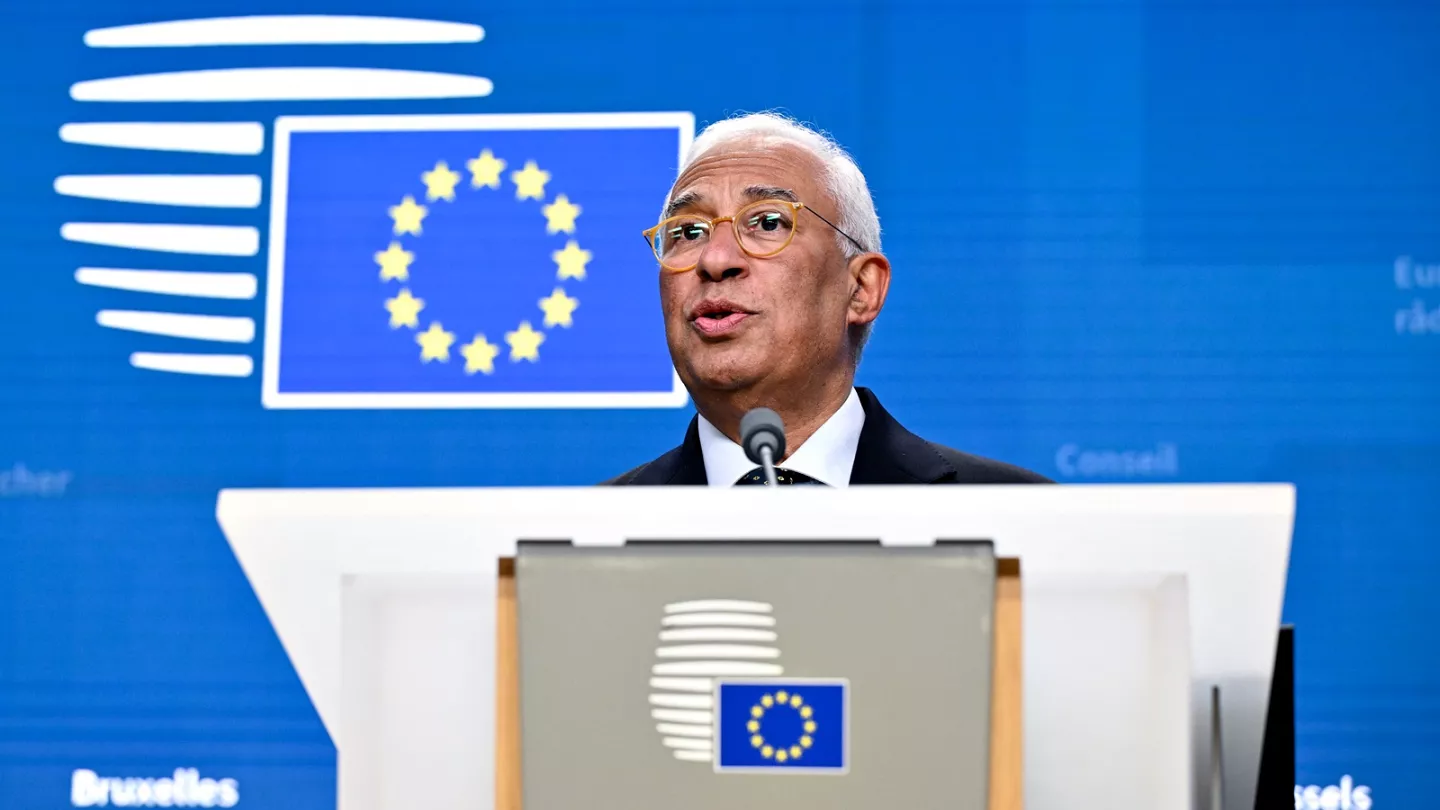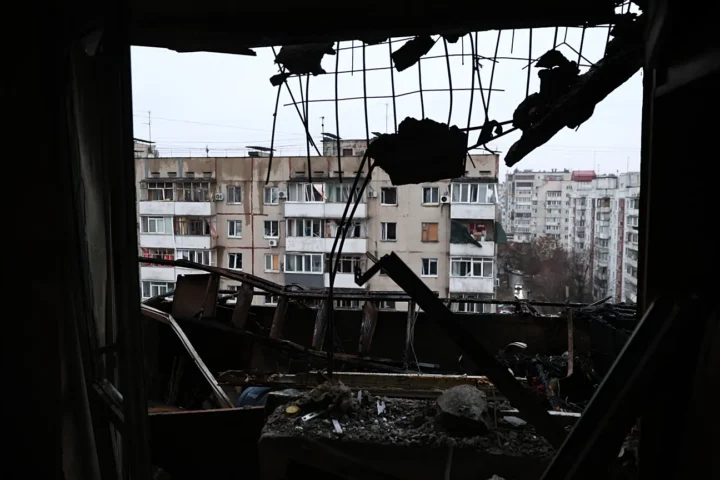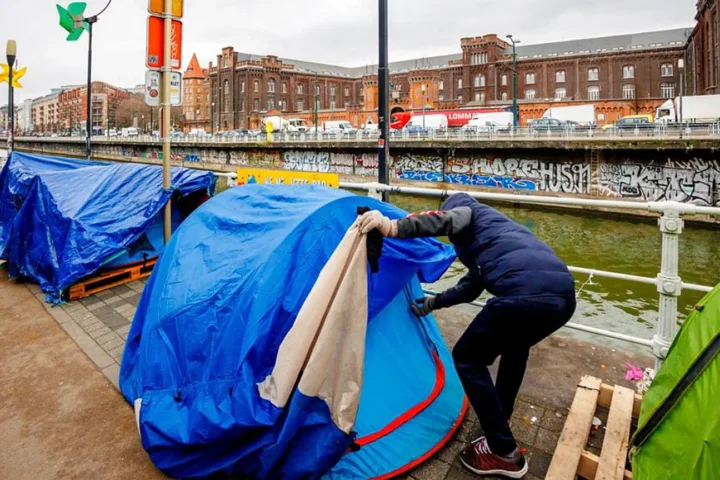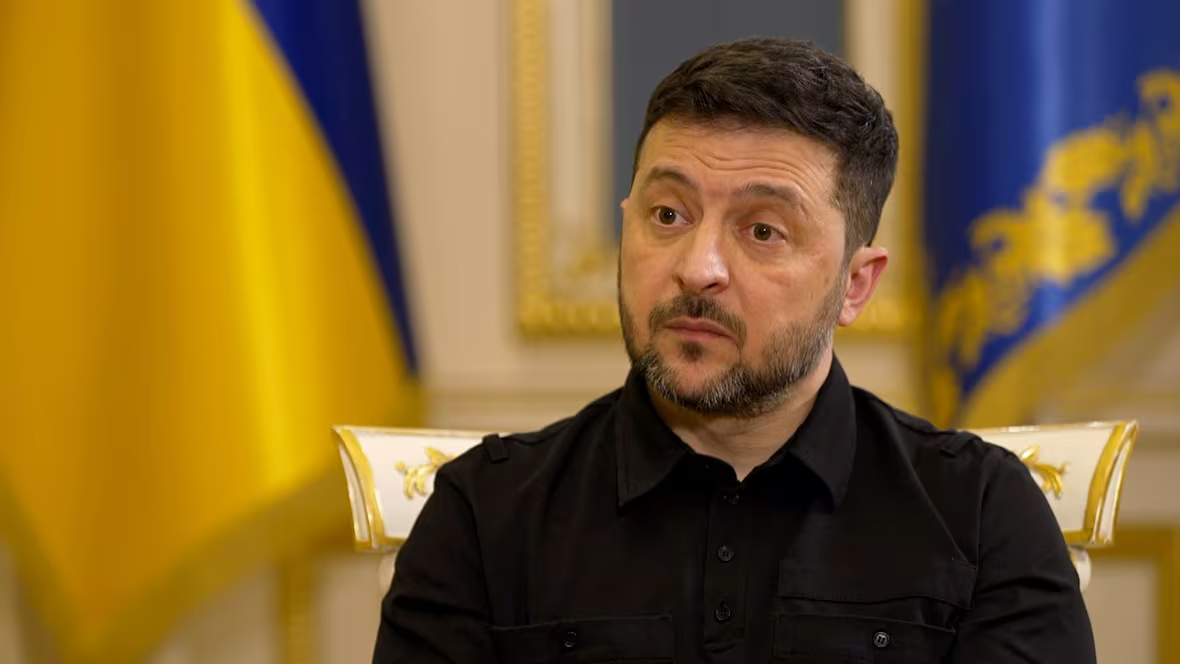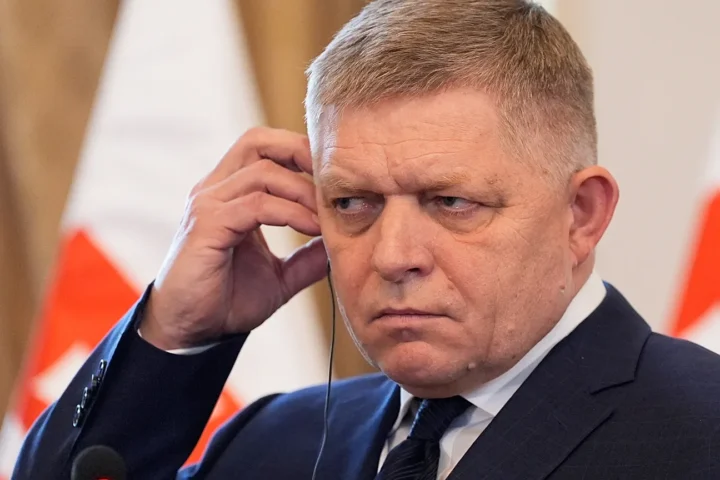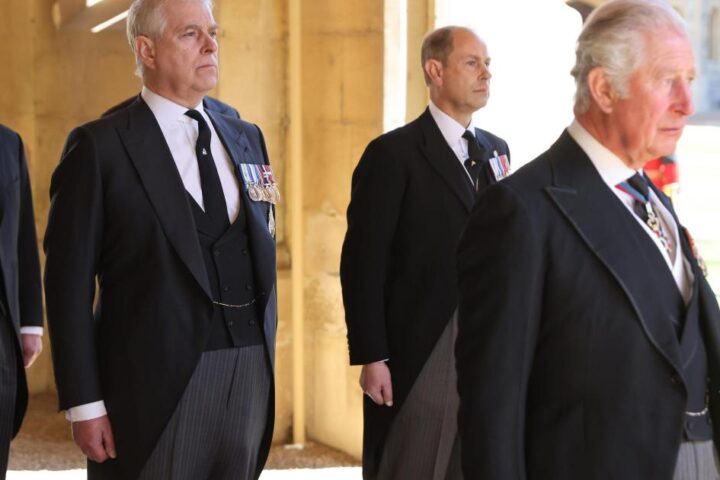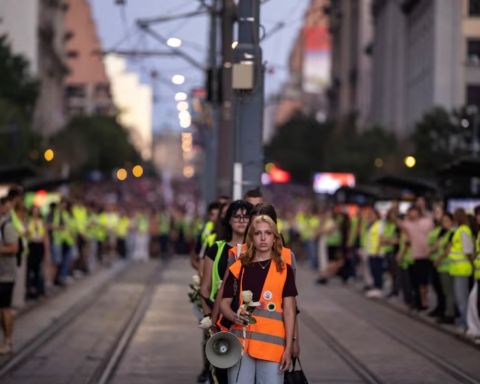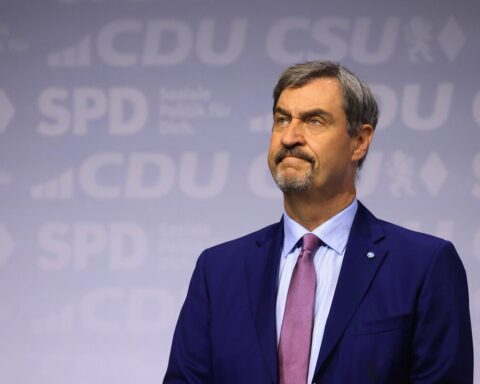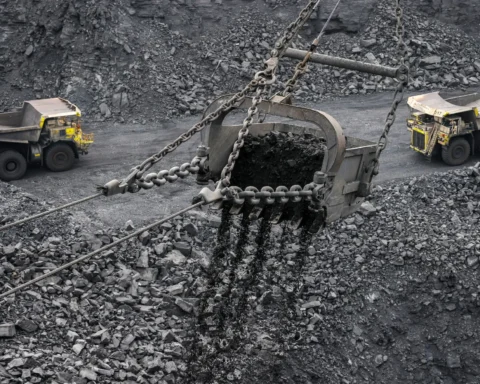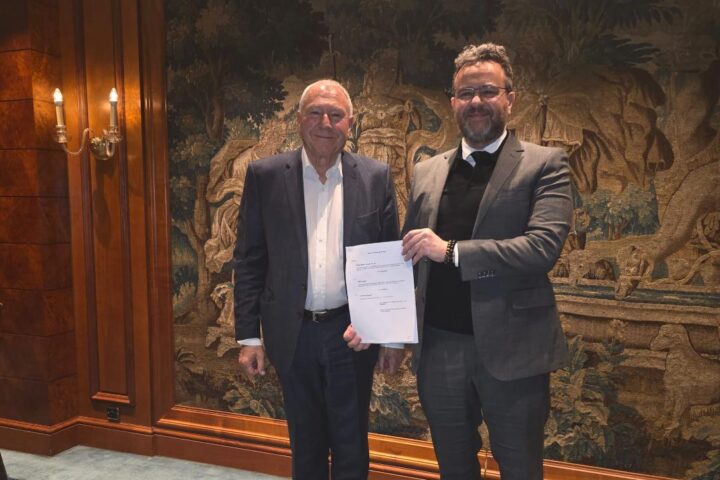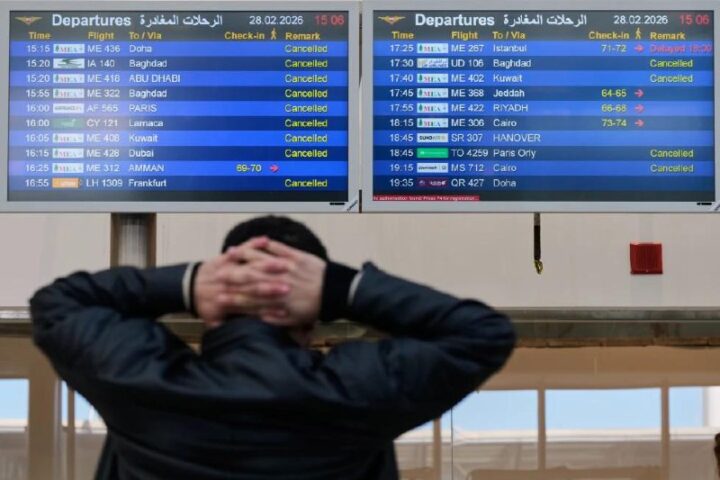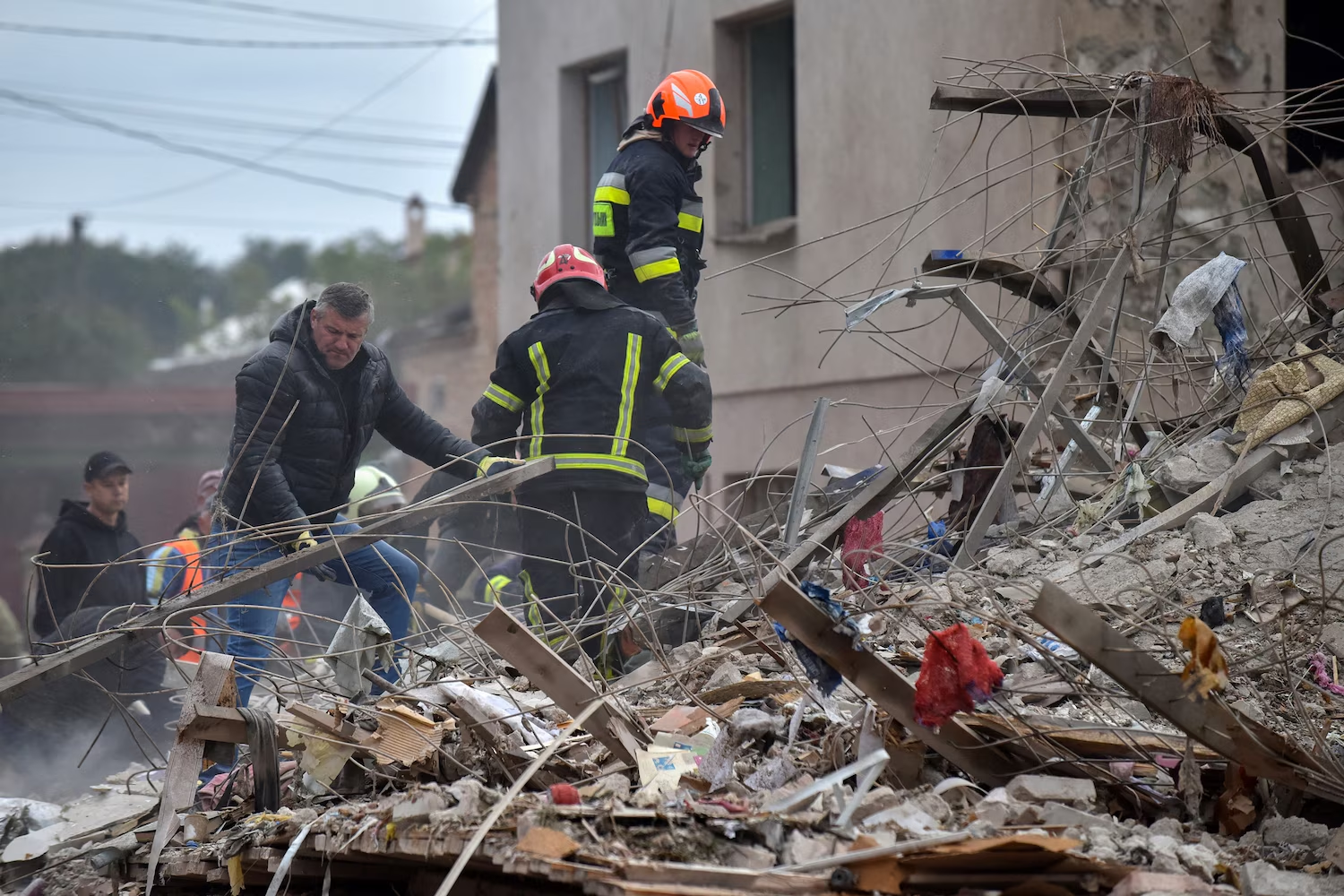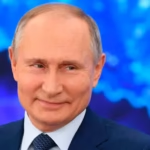The European Union’s political divisions over the war in Ukraine resurfaced this week after all member states except Hungary issued a joint statement reaffirming support for Kyiv. The declaration, coordinated by EU foreign ministers, emphasized continued military, economic, and humanitarian assistance to Ukraine while condemning Russia’s ongoing aggression.
The statement, released after an informal ministerial discussion, underscored the EU’s commitment to Ukraine’s sovereignty, independence, and territorial integrity. It pledged to maintain sanctions against Russia, strengthen defense cooperation with Ukraine, and speed up the delivery of pledged weapons and ammunition.
However, Hungary’s refusal to join the consensus exposed a widening gap between Budapest and the rest of the bloc. Prime Minister Viktor Orbán’s government has repeatedly resisted EU efforts to deepen military support for Ukraine, citing the need for an “immediate ceasefire” and direct negotiations with Moscow.
Hungary’s Isolation Grows
Diplomats familiar with the talks said Hungary’s absence from the statement was deliberate, with EU leaders increasingly unwilling to water down their language to accommodate Orbán’s positions. While Hungary remains bound by previous EU sanctions and aid decisions, its reluctance to endorse new initiatives has created frustration in Brussels.
“Hungary has the right to its own position, but the overwhelming majority of member states are clear: supporting Ukraine is not optional—it’s essential for European security,” one EU diplomat told reporters.
Orbán has argued that prolonging the war will further damage Europe’s economy, particularly through energy shortages and inflation. His government has also cultivated closer ties with Russia, including maintaining imports of Russian oil and gas, in defiance of EU policy.
Kyiv Welcomes Support, Ignores Rift
Ukraine’s foreign ministry welcomed the statement from the 26 EU countries, saying it “demonstrates Europe’s unity against Russian aggression.” Ukrainian officials avoided direct comment on Hungary’s absence, instead focusing on upcoming negotiations for additional military aid packages and possible EU accession talks.
The rift comes at a delicate time for Ukraine, which is lobbying for long-term security guarantees from both NATO and the EU. Kyiv is also pushing for faster delivery of advanced weapons as Russia intensifies its offensive operations in eastern Ukraine.
Brussels Determined to Press Ahead
Despite Hungary’s resistance, EU leaders say they will press forward with coordinated support for Ukraine, even if it means bypassing Budapest in political statements. However, binding policy measures—such as sanctions or budget allocations—still require unanimous approval, giving Orbán leverage in future negotiations.
With the war entering its third year, the EU faces the challenge of maintaining unity amid political and economic strains. For now, the bloc appears committed to keeping Ukraine high on its agenda—but the shadow of Hungary’s dissent will continue to loom over its diplomacy.
